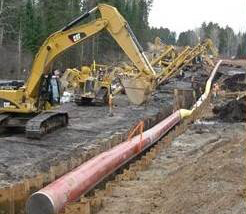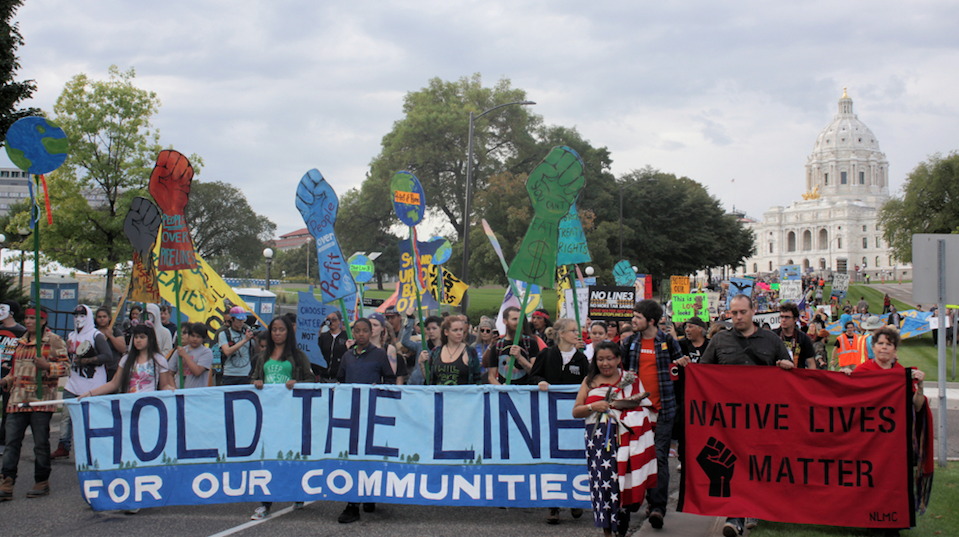Appreciation
The phrase Moments in the Park was originally used to describe short prose poems inspired by observations on walks through Horton Park and other outdoor spaces. Throughout 2016, I crafted Moments in the Park as a daily practice. You can read more about that journey in this essay. I have continued to write Moments in the Park, just not as frequently as that first year.
Here you will find the prose poems as well as expansions telling the story of the inspiration, reflecting on a related theme, or digging deeper into learning about the subject.
I also hope that you will be inspired to create your own Moments in the Park, in words, images, sound, or whatever medium suits you. If you would like to share your creations, I would be happy to post them!
Here you will find the prose poems as well as expansions telling the story of the inspiration, reflecting on a related theme, or digging deeper into learning about the subject.
I also hope that you will be inspired to create your own Moments in the Park, in words, images, sound, or whatever medium suits you. If you would like to share your creations, I would be happy to post them!



 RSS Feed
RSS Feed